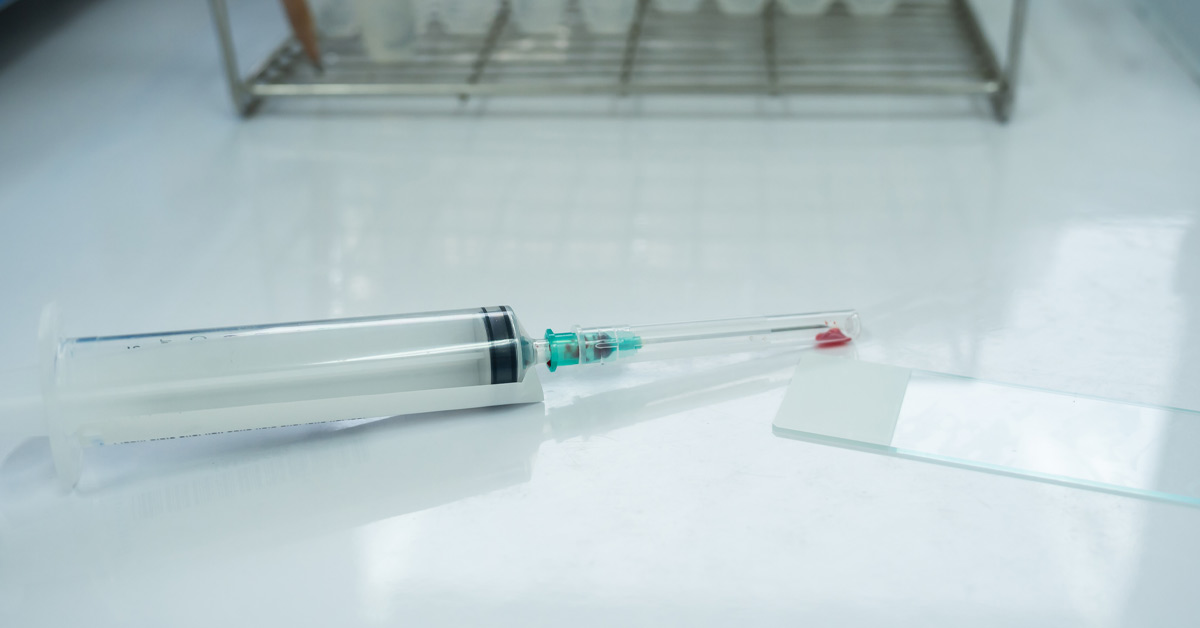
8 Benefits of an FNA Biopsy
Fine needle aspiration (FNA) biopsy is a medical procedure used to diagnose many diseases, particularly cancer.
It’s a minimally invasive technique that provides numerous benefits, making it a preferred method for tissue sampling.
What Is an FNA Biopsy?
FNA biopsy involves using a thin, hollow needle to extract small tissue samples from an organ or a lump under the skin. The collected sample is then analyzed under a microscope to identify abnormal cells or pathogens. It can be used to aid in the diagnosis of diseases such as:
- Cancer
- Infections
- Inflammatory conditions
Why Is a FNA Biopsy Performed?
FNA biopsy is a diagnostic procedure performed when a doctor needs to investigate unexplained lumps, masses, or abnormalities in areas of the body such as the thyroid, liver, or lungs. The primary objective is to determine whether the irregular area is benign, malignant, or indicative of an infection or inflammatory disease. The results will help guide subsequent treatment strategies.
How Is a FNA Biopsy Performed?
The FNA procedure is relatively straightforward.
- Preparation. The area around the biopsy site is cleaned, and a local anesthetic may be applied to numb the area.
- Insertion of the needle. A fine, hollow needle is inserted through the skin to reach the targeted area.
- Sample collection. Tissue or fluid samples are collected through the needle.
- Removal and dressing. The needle is removed, and a bandage is applied to the puncture site.
8 Benefits of Fine Needle Aspiration Biopsy
- Minimally Invasive. The FNA procedure is less invasive than surgical biopsies, reducing the risk of complications and post-procedure discomfort.
- Accuracy. FNA biopsy has a high diagnostic accuracy rate, providing reliable results for numerous medical conditions. And the use of ultrasound or CT scans during the procedure allows for precise targeting.
- Speed. The procedure is quick, usually completed within minutes, and the results are often available promptly, enabling faster diagnosis and treatment.
- Cost-effective. Compared to surgical biopsies, FNA is more economical due to the lack of a need for surgery and a shorter recovery period.
- Rapid recovery time. One of the advantages of an FNA biopsy is the rapid recovery time. Most people can resume their regular activities soon after the procedure. There might be slight discomfort or bruising at the puncture site, but these symptoms are typically short-lived.
- Reduced scarring. FNA biopsy utilizes a small needle. There is minimal scarring post-procedure, which is aesthetically beneficial.
- Versatility. The procedure can be applied to various organs and tissues, making it a versatile diagnostic tool.
- Outpatient Procedure. FNA biopsy is usually performed as an outpatient procedure, so there is no need for hospital admission.
Are There Risks with FNA Biopsies?
While FNA biopsy is generally considered safe, no procedure is risk-free. Potential complications may include:
- Infection
- Bleeding
- An inaccurate diagnosis due to an insufficient sample size
These risks, however, are relatively low, and the benefits often outweigh the potential drawbacks.
FNA Clinic at Pathology Reference Laboratory
FNA biopsy is a less invasive yet highly efficient method of sampling tissues for analysis and medical diagnosis. Its accuracy and cost-effectiveness without the need for surgical biopsy have made it a go-to diagnostic procedure.
If you have a lump or suspicious area that needs investigation, our cytopathologists are ready to assist you at our FNA Clinic. We offer ultrasound-guided FNA biopsies at our comfortable and convenient clinic. And if you don’t live in the San Antonio area, we’re here to provide expert interpretation of your FNA sample with fast turnaround times.
Schedule your appointment at the FNA clinic here by calling 210-892-3700 (Option 0).
